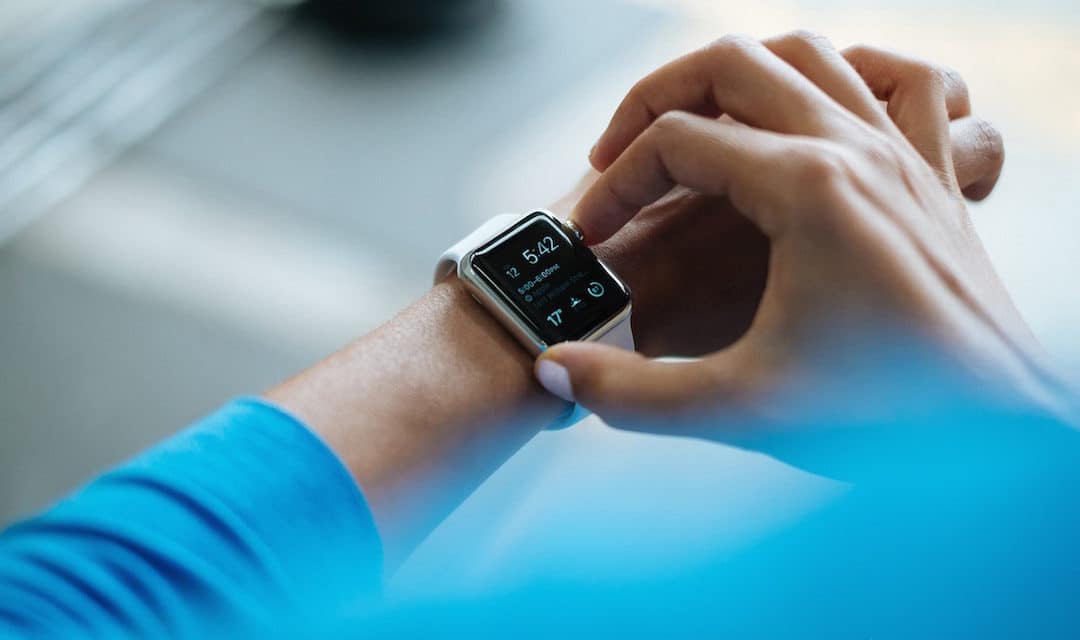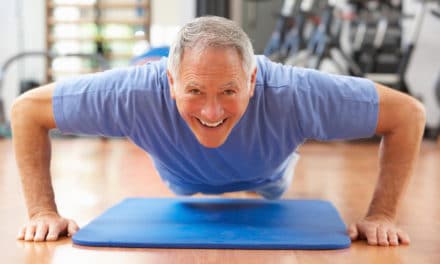When you get to be over 50 things start to “Go South” in more ways than one! Much to our disappointment we gradually realise that we cannot do the things that we used to do – or at least, that we cannot do them as well as we used to! But whilst we might need to be a little stoical about this, and agree that getting older is better than the alternative, there are some things that we can do that will help us stay fit and help arrest the rate of any decline. Set out below are some suggestions1:
1. Cultivate those things that you are passionate about
Plan for your retirement! Identify what you are passionate about and ensure that when you retire you can immerse yourself in it. This can help increase your energy levels, because you will look forward to what you will be doing in the day – how many people were really enthusiastic about going to work each day? If your mood then improves as a result, then you are more likely to sleep better, and this will help your health in general. And if your interest, hobby or whatever involves some organisation, then you may well meet new people and make new friends; which will help minimise the risks of loneliness, one of today’s big issues. and you are generally fired up about life. If your passion is collecting baseball trading cards then get started NOW. Read everything you can about trading cards, work on becoming the worlds #1 expert, join clubs, make a website. Who knows, your passion might end up making money so that you can retire early and get paid doing what you love.

If your mood then improves as a result, then you are more likely to sleep better, and this will help your health in general.
Image: Anthony Tran via unsplash.com
2. Get Volunteering
If you have spare time on your hands then stop sitting in the chair staring at the wall and feeling sorry for yourself! Everyone needs things to get them out of the house, so why not something where you can help others? There are so many people that need help and organisations that are crying out for extra pairs of hands. And if you do volunteer then you will probably meet new people and make new friends, so it could be a win-win. Where to look to volunteer? There are lots of charity shops everywhere, and your past interest might be particularly useful; one ex-librarian with an encyclopaedic knowledge of music spends a day a week in his local Oxfam and sorts and checks donated records and CDs and ensured that the pricing is appropriate – the shop makes a lot more money as a result. There are charities that focus on animals, or on the environment, and there are some that focus on helping those who are deprived, vulnerable or handicapped. For example, the latter can involve taking children out on barge trips, or whatever. There are so many different options if you look hard enough, and being active will help you with your own health!
3. Read a book regularly
Reading is a great way to keep your brain young, and can help reduce stress. (Mind you it depends what you might be reading – Horror stories might not reduce stress!). It doesn’t matter whether you read novels or fact-based books, as long as you enjoy them. The main thing is that they should be books that interest you; but any that make you use the old grey matter will be good for you. And don’t forget that if you do not consider yourself a “reader” then crossword puzzles, Sudoku and similar, can serve the same positive purpose.
4. Sport
You might ache in the wrong places but doing some kind of sport will help you in many ways. It doesn’t have to be strenuous and should suit your age and disposition. Neither does it have to be expensive; for example, hiking is good for you and can get you out into the country breathing fresh air, and it doesn’t cost very much at all (particularly if you have a free bus pass!). But balance the risks with the benefits – skateboarding at 75 is not necessarily a good idea.
5. Diet
We have all been recommended to death about what we eat, but “we are what we eat”. So it is still important to have your “5-a-day” and minimise the amount of comfort food that we consume when the Winter nights draw in. Avoid fast food and eat plenty of vegetables (Do you only eat sprouts on your Christmas dinner?), plenty of water, plenty of fibre and keep meat as lean as possible.
6. Weight training
We are not talking about becoming some pumped-up testosterone-fuelled gym bunny. But lifting weighty things (carefully) on a regular basis can build up your muscle-tone, and any bodyweight workouts can be useful. Go and play your grandchildren at tennis on their Wii – and make sure that you beat them! Maybe even get a DVD which you can use for a workout – but make sure that the curtains are closed! Whatever is best for you personally, go and get active on a regular basis, because muscle wastage can easily occur if you are not careful.
7. Get Cardio – Walk a Dog?
Cardiovascular health is a big issue for anyone over age of 50, so it is important to make daily cardio part of your daily activity. Some people achieve this by getting a dog, which then forces them to go for a walk twice a day. Getting a husky and letting it pull you while you are wearing roller blades is cheating, and misses the point. But there are other advantages to having a dog, which include companionship, and undemanding and unconditional love (providing you feed them on time). Someone said that pet owners live longer, happier lives.
8. Jettison your alarm clock?
Arguably alarm clocks wake you up before you have had enough sleep, thereby making you sleep deprived, which everyone knows has many problems associated with it. Alarm clocks are a habitthat everyone has to ensure that they get up and go to work on time. But when you are retired, why do you need to get up before you are ready?
9. De-electrify your life
Linked to the above is the fact that you should go to bed at a decent hour, rather than staying up just to watch the next programme/ see what’s on the news/ check my social media. It is known that watching electronic – particularly mobile phones and tablets – immediately before you go to sleep only serves to stimulate your brain, and thereby spoil your sleep pattern. Indeed, some people try and avoid anything electric being active in their bedroom, and have been known to benefit considerably. As has been observed, you can probably read everything that you need to know about the news in less than 10 minutes – so why spend hours watching the rolling news circus where you have to listen to the opinions of media people who have no idea about the lives of real people? Switch off the television at a goodly time and switch off the mobile phones and social media. All the news and messages will still be there in the morning – and you will feel so much better for a good night’s sleep.
10. Take control of your health
When we go to the doctors we seek their advice – and then a lot of us ignore what we have been told! You’ve got a problem with your weight and the doctor tells you to diet sensibly, but you cannot resist that extra pork pie. You’ve had an operation and you are given a rehabilitation programme, but you choose to sit in front of the television and put your feet up with a beer or glass of wine. The outcomes of health interventions, such as hip and knee replacements, are down to you taking control, and not the professionals who undertook them. And if you are being prescribed more and more drugs by your GP then ask for a review of them, because some of them can interact with each other. As you get older, sometimes the risks associated with interventions are greater than not having the intervention – should you have a major operation when you are into your 90s? Maybe we need to accept that we cannot live forever and that not all health problems can be solved perfectly? This might make us more accepting of whatever life throws at us? This will be very, very hard but we might end up being happier in our last few years.






